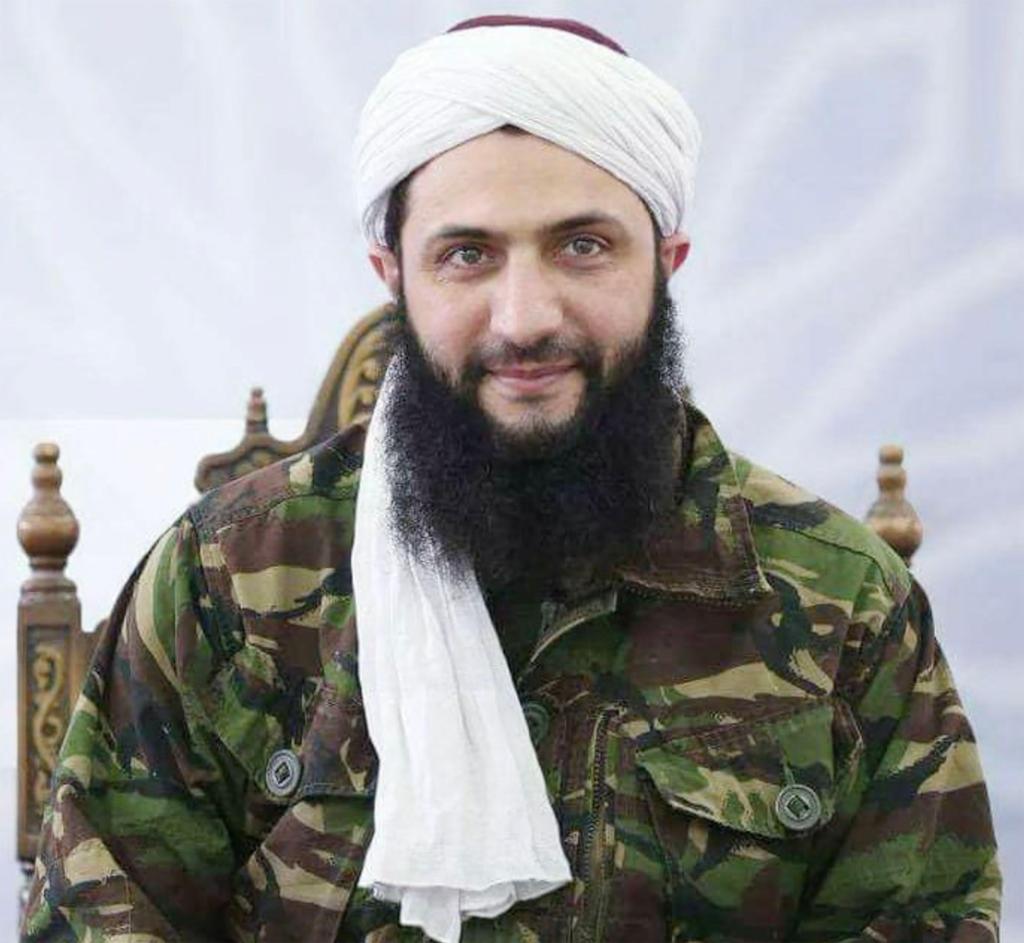Syrian rebels announced on Sunday that they had liberated Damascus and they overthrew the regime of Bashar al Assad. The offensive was led by Abu Mohammed al-Julani, the leader of Hayat Tahrir al-Sham (HTS), a group that has become Syria’s most powerful opposition armed force.
In recent weeks, Abu Mohammad al-Julani has become the public face of the large-scale rebel-led offensive in Syria. against the regime of Bashar al-Assadappropriate Al-Jazeera. On Sunday morning, Syrian rebels said in a televised message that “Damascus is now liberated from Assad.”
Abu Mohammed al-Julani, the founder of the Islamist militant group HTS, has tried for almost 10 years to dissociate itself from other armed forces and its focus on transnational operations. Instead, he focused on creating an “Islamic republic” in Syria, the same source noted.
Al-Julani and his group have positioned themselves since 2016 as credible guardians of a Syria freed from al-Assad, who brutally suppressed a popular uprising during the 2011 Arab Spring, leading to a civil war that has continued since
According to Al-Jazeera, HTS ruled the governorate of Idlib through the Syrian Salvation Government, which it established in 2017 to provide civil services, education, health care, a judicial system and infrastructure, as well as manage finances and distribution of help.
But according to activists, news reports and local monitors, HTS rules with a heavy hand and does not tolerate dissent. Independent journalism organization Syria Direct said the group is behind the disappearances of activists and has fired live ammunition at protesters who accuse HTS of denying services to communities they oppose.

Cinema this Abu Mohammad al-Julani
Mohammad al-Julani, whose real name is Ahmed Hussein al-Sharaa, was born in 1982 in Riyadh, Saudi Arabia. In 1989, he returned with his family to Syria and settled in Damascus.
Little is known about his time in Damascus before his move to Iraq in 2003. He joined al-Qaeda in Iraq as part of the resistance to the US invasion that same year.
In 2006, Al-Julani was arrested by US forces in Iraq and held for five years. He was later tasked with establishing al-Qaeda’s affiliate in Syria, the al-Nusra Front, which has increased influence in opposition-held areas, particularly Idlib.
Al-Julani coordinated in those early years with Abu Bakr al-Baghdadi, the leader of al-Qaida’s “Islamic State in Iraq,” which later became ISIL (ISIS). In April 2013, al-Baghdadi suddenly announced that his group was severing ties with al-Qaeda and expanding into Syria, effectively swallowing the al-Nusra Front into a new group called ISIL.
During his first television interview in 2014, he told Al Jazeera that Syria should be governed according to his group’s interpretation of “Islamic law” and the country’s minorities, such as Christians and Alawis , will not be accepted.
In the following years, al-Julani seemed to distance himself from al-Qaeda’s project to establish a “global caliphate” in all Muslim-majority countries, which instead seemed to focus on building his group within the borders of Syria.
According to analysts, the split seemed to be an attempt to emphasize the national ambitions of his group to the groups in Idlib, instead of transnational ones.
Then, in July 2016, Aleppo fell to the regime, and armed groups from there began to move towards Idlib, which was still controlled by the opposition. At the same time, al-Julani announced that his group had transformed into Jabhat Fateh al-Sham. In early 2017, thousands of fighters fleeing Aleppo poured into Idlib, and al-Julani announced the merger of several groups with his own to form HTS.
